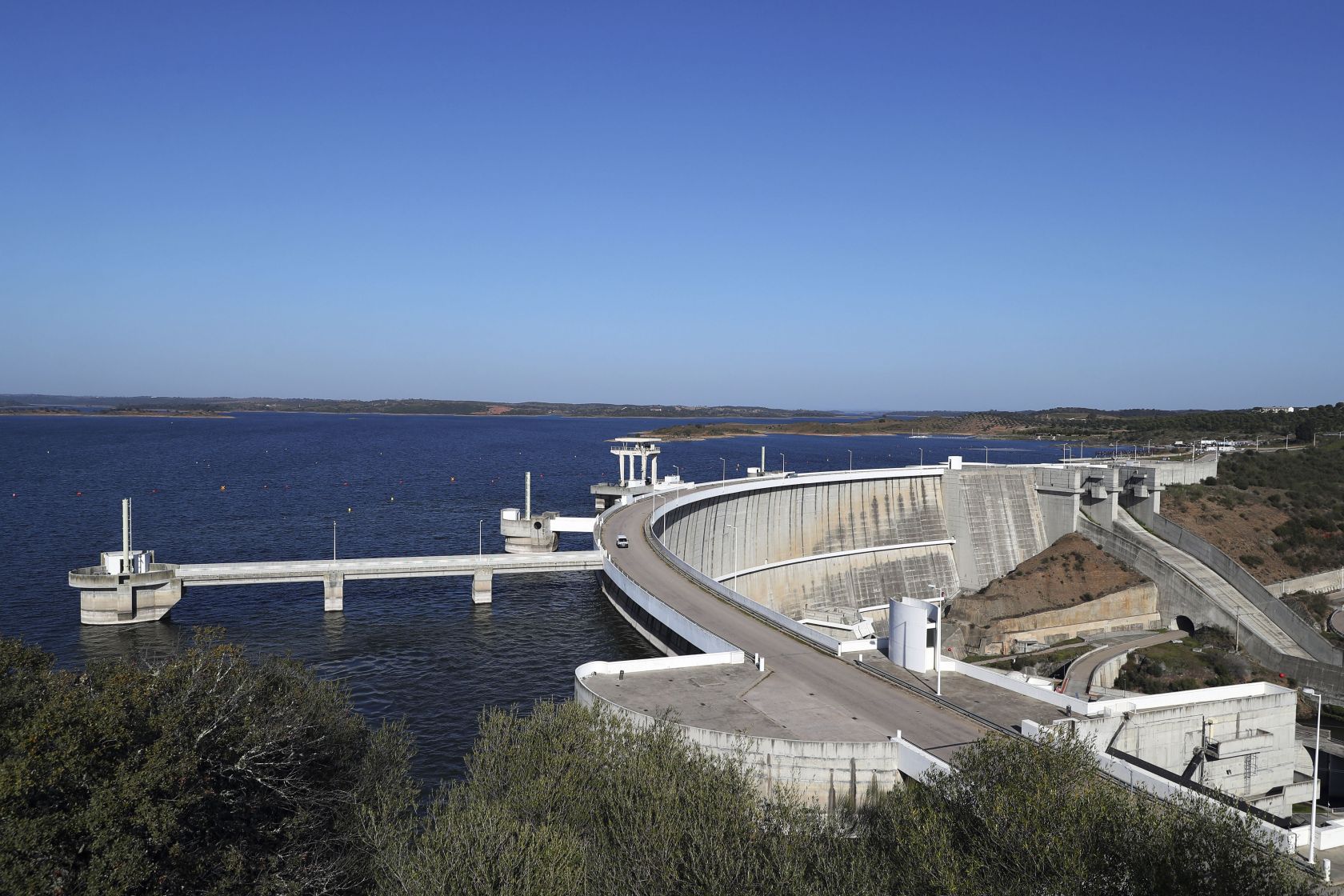They say their region would be without water in the next 10 years if a new pipeline was not built. Does that sound like a familiar problem? The Algarve needs water, the north has plenty. Rainfall is much greater in the north and most of the dams are approaching full. Dams in the Algarve are still very empty, despite the recent rain. This isn’t a future plan, it’s already under construction, when finished will be longer than the M1 motorway, and will be completed by 2028
The project is underway
The Anglian Water Pipeline Project represents a monumental advancement in the management of water resources, addressing critical challenges in the East of England. By facilitating the transfer of 265 million litres of water from wetter to drier regions, the pipeline aims to combat potential water shortages, ultimately enhancing resilience against climate variability and securing vital water supplies for the future.
This strategic initiative is not only one of the largest environmental projects in Europe but it is also deemed the most significant undertaking in the history of Anglian Water, illustrating its paramount importance to both the organization and the communities it serves.
The pipeline, stretching approximately 330 km from Elsham in North Lincolnshire to Ipswich in East Suffolk, is designed to decrease dependency on single water sources for homes and businesses, thereby promoting a more reliable and sustainable water distribution network.
Furthermore, the project mitigates the pressure on sensitive water sources in other parts of the region, which is crucial for maintaining ecological balance and environmental health. As Anglian Water prioritises the implications of the project on local communities and ecosystems, it demonstrates a commitment to integrating sustainable practices while ensuring that the inhabitants of the East of England can thrive and grow in a secure water supply environment.
Does any of this sound familiar? The north of Portugal has water, but the Algarve doesn’t. But you don’t need to look very far north to find water in abundance.
The largest dam in Europe
We don’t need to look much further North, Alqueva dam, the largest artificial lake in Europe, is about 250 km from Faro, where a connection could be made to the water network that links most of the Algarve dams. That’s substantially less than the 330 km pipeline being constructed in the UK. The new desalination plant being built near Albufeira will cost a predicted 100 million Euros, but we all know what happens in the course of any public project. The UK project is expected to cost 500 million pounds, but its substantially longer that a pipeline from the Alqueva dam to the Algarve. But the capacity of water it could bring to the Algarve is vastly greater. The Alqueva reservoir's total storage capacity is 4.150 billion m3, 3.150 billion m3 of which is its usable volume under normal operation.

The primary water source for the Alqueva Dam is the River Guadiana, which is one of the longest rivers in the Iberian Peninsula. The dam is fed by this river, ensuring a consistent and significant water supply for various uses, including agricultural irrigation and hydroelectric power generation. The Alqueva Reservoir has a staggering capacity that allows it to store large volumes of water, billions of cubic metres. In January we were able to report that “Significant” rainfall meant that an Olympic swimming pool of water flowed into the reservoir every two seconds.
In addition to the contributions from the River Guadiana, rainfall and seasonal variations significantly influence the water levels in the Alqueva Reservoir. The region experiences distinct wet and dry seasons, with rainfall patterns directly affecting the reservoir's capacity and flow regime. During periods of heavy rainfall, the reservoir can fill rapidly.
Maybe there could be some water for the Algarve. We can but dream.
Resident in Portugal for 50 years, publishing and writing about Portugal since 1977. Privileged to have seen, firsthand, Portugal progress from a dictatorship (1974) into a stable democracy.














Agree with the writer. It is truly an enigma why this isn’t in the planning. Or rather already been done as a matter of fact. It’s an obvious choice.
By Martin from Algarve on 14 Dec 2024, 08:11
Because its Portugal.Havent you learned yet?
Try getting a workman to show up
By James from Algarve on 14 Dec 2024, 09:53